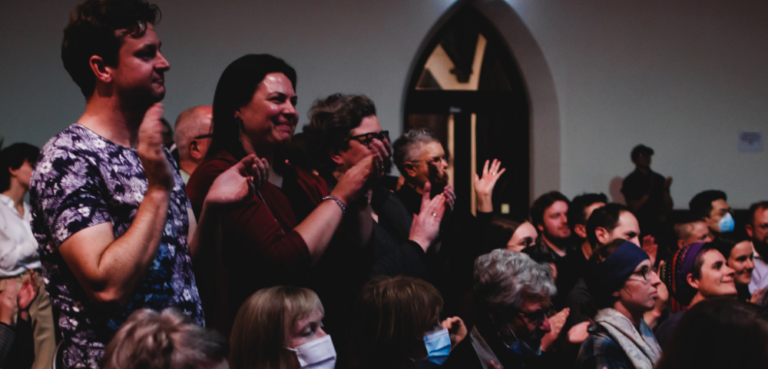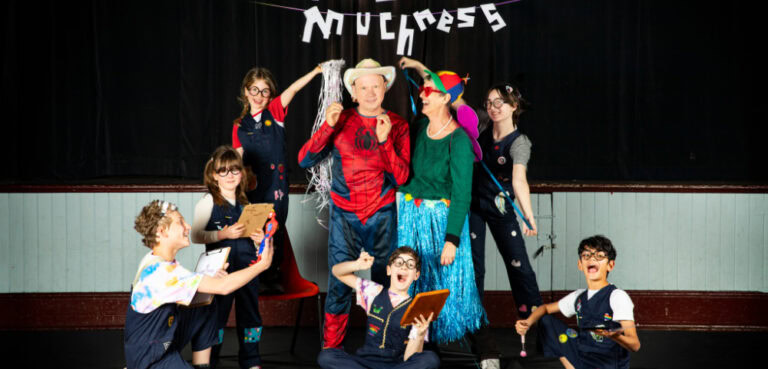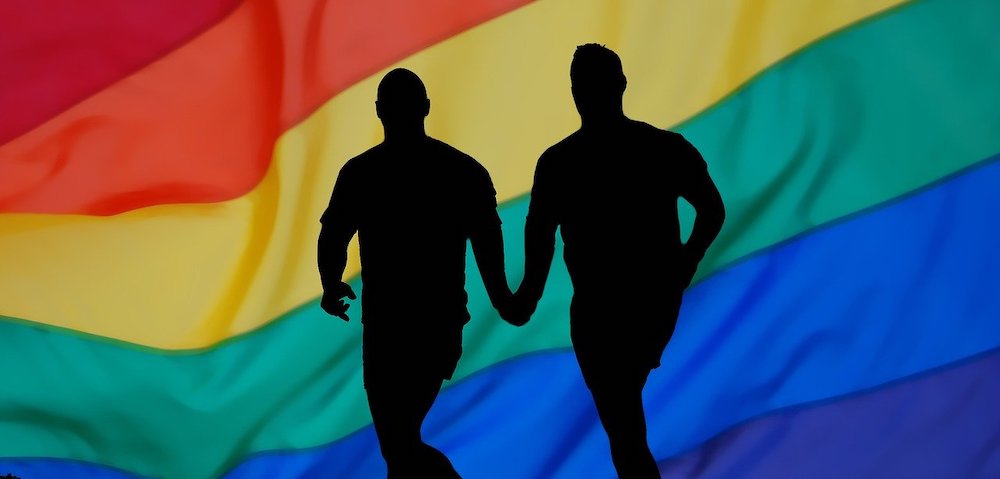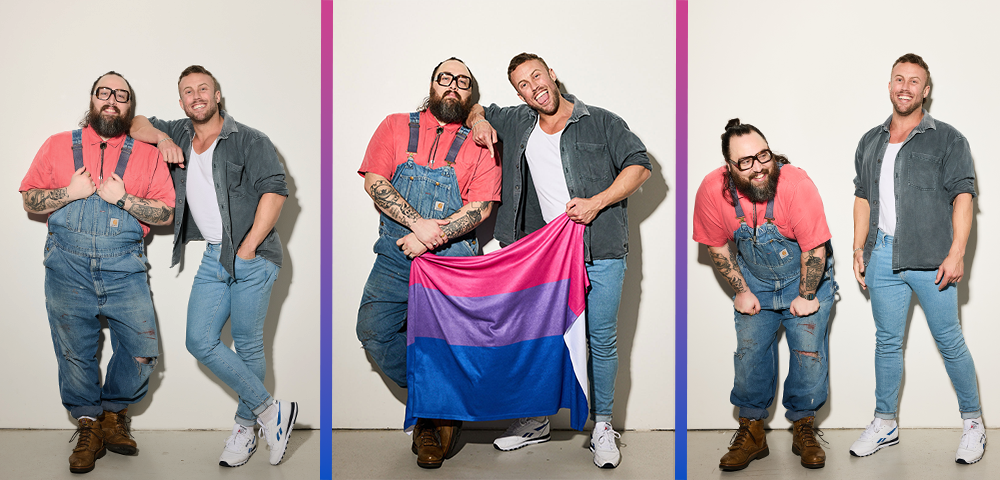
Lessons in hate from the Sunshine State
The now infamous “hate truck” and Bob Katter’s anti-gay marriage advertising campaign exposed the ugly side of Queensland politics during the recent election campaign.
The prominence and flagrancy of these homophobic and bigoted views rightly generated significant outrage and condemnation among media commentators and political leaders. We also saw a swift and scathing response from both the LGBTI community and supportive activist organisations such as GetUp!
While we would like to think these attitudes would never be aired in Victoria and, if this were to occur, both civil society and the law would provide a robust and effective response, the reality is that we have significant gaps in legal protections in Victoria when it comes to homophobic hate speech.
Ironically, the protections against “vilification” or hate speech are much stronger in Queensland than Victoria. It may come as a surprise for readers to learn that Queensland law contains both civil and criminal sanctions for conduct which incites hatred against people on the basis of sexual orientation or gender identity.
In contrast, while Victoria’s Equal Opportunity Act 2010 prohibits discrimination on the basis of sexual orientation or gender identity, our hate speech law, the Racial and Religious Tolerance Act 2006, as it names suggests, only contains protections against hate speech for members of particular racial, ethnic or religious groups.
The Victorian Gay and Lesbian Rights Lobby and other advocacy organisations have long called for Victoria’s hate speech laws to be broadened to include protections for the LGBTI community. In the same way Victoria’s laws protect racial groups from racist conduct, the LGBTI community should be protected from homophobic and transphobic conduct.
The sad fact is that homophobia and transphobia do exist in our society. At its heart, homophobia and transphobia represent a devaluing of human worth and dignity, often with significant and tragic consequences for our community.
While legal protections are no substitute for education and awareness-raising to achieve cultural change and reduce prejudice, hate speech laws would send a strong signal that such behaviour is unacceptable in a civilised society and go some way towards addressing the hatred and violence directed against the LGBTI community.
But what about free speech? I hear you ask. The law has long recognised that there are sound and legitimate policy reasons for placing limits on free speech.
Anyone who watched Stephen Fry’s Planet Word on Sunday evening would understand the historical and philosophical limits on free speech and the need to balance competing rights and interests when determining how those limits should be drawn.
Put simply, free speech should be limited when it harms others. For example, a person should not be free to shout ‘Fire!’ in a crowded theatre. Consumer laws (for example, prohibitions on misleading and deceptive conduct) and defamation laws are other examples of accepted limitations.
When analysed in this way, it is difficult to see why the accepted justification for defamation could not apply equally to a broader group as a type of ‘group defamation’.
Take the example of a political group distributing leaflets stating that all homosexual men are pedophiles. Such a statement is unsupported by evidence. It would also cause significant offence and promote hatred of gay men. Why should the law not provide recourse in this scenario in the same way as if I were to write that Kim Kardashian clubbed baby seals and ate them for
breakfast?
Of course, exceptions could and should be made for public, academic or religious debate, if made in good faith, and for artistic purposes.
If Andrew Bolt had properly researched his article on prominent fair-skinned Aboriginal Australians before publishing misleading allegations that they had used their Aboriginal identity to procure financial advantages, he would most likely not have been found to have breached the racial hatred provisions of the Racial Discrimination Act 1971. Despite the media storm, the Eatock v Bolt decision was a relatively straightforward application of these provisions.
What this case does demonstrate is the political hyper-sensitivity around free speech and the need to guard against exaggerated claims by the media and others that hate speech laws represent an unjustified and unreasonable limitation on rights and freedoms.
The United Kingdom acted in 2010 to bring its laws on homophobic hatred into line with racial and religious hatred, albeit with some unsatisfactory last-minute amendments by conservative politicians.
The laws of other democratic nations contain protections against homophobic- and transphobic-motivated conduct, including speech. It’s time for Australia, including Victoria, to do the same.
INFO: Anna Brown is co-convenor of Victorian Gay and Lesbian Rights Lobby.









